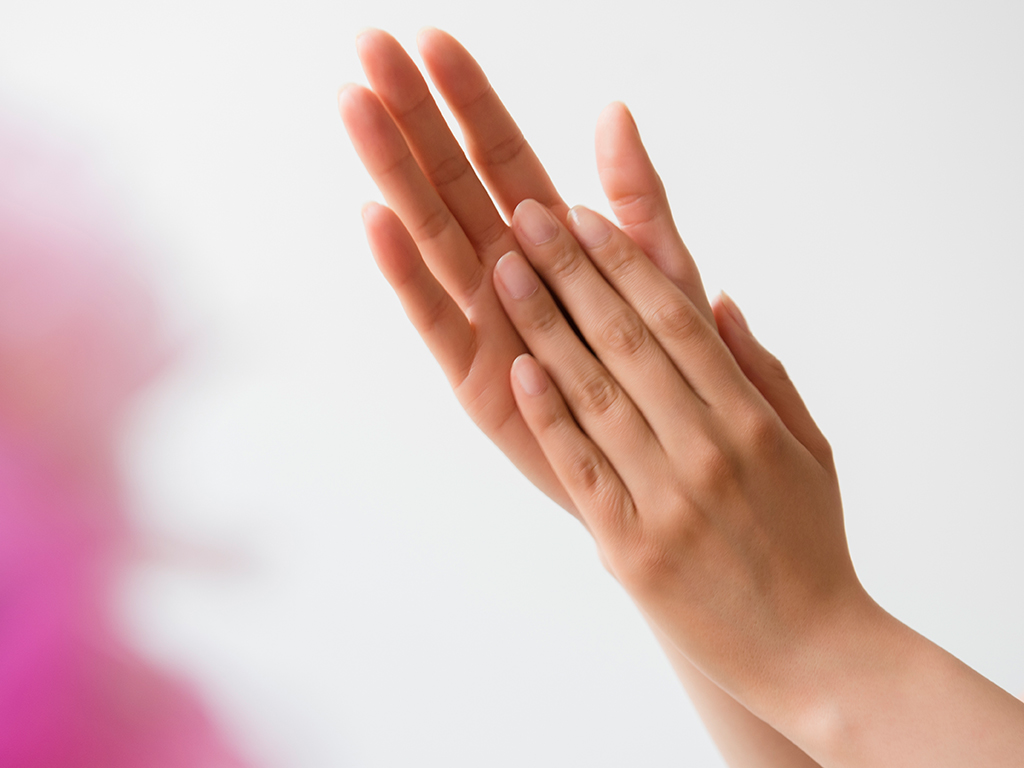Students at the University of Manchester have voted to swap loud clapping for “jazz hands” at certain school events in an effort to accommodate people with anxiety or sensory issues.

The university’s student union decided they’ll hold applause, cheering and whooping at their gatherings and replace it with the British Sign Language equivalent: a wave of both hands, the BBC reported. The student union said the wave, commonly referred to as “jazz hands,” will make events more accessible and inclusive for people who have autism or are deaf.
WATCH BELOW: Cities improving beach wheelchair accessibility

In a statement, the University of Manchester Students’ Union said that they are not outright banning audible clapping at all school events, and are instead encouraging “the use of British Sign Language (BSL) clapping during our democratic events.” These events include meetings where members are invited to participate in decision making, the union said.
The student union will now encourage student groups and societies to do the same as part of inclusion training, said union member Sara Khan per the Irish Times.
READ MORE: Boy speaks clearly for first time after dentist notices he’s tongue-tied
According to Tanya Titchkosky, a professor of disability studies in the department of social justice at the Ontario Institute for Studies in Education at the University of Toronto, acknowledging accessibility issues on campus is an important thing for universities to do. Many Canadian schools have a long way to go when it comes to accommodating students, she said.
Titchkosky said there are lots of different conditions people could have, like autism, anxiety or a medical condition, for which the use of “jazz hands” would be beneficial. While this population may be small, she said, addressing the varying needs of students is a move in the right direction.
READ MORE: Are you suffering from mental fatigue? Here’s what to look for

Get weekly health news
The students’ vote initially received backlash when it was thought that they outright banned clapping on campus. Clapping, after all, is a large part of how society responds to people and events, and is key component of concerts, sporting games and debates.
Some people on Twitter said that the university had gone too far, and were upset over the idea of silent applause.
Following the backlash, the students clarified their position on clapping.
“We are not banning audible clapping,” the union said in their statement. “Nor are we applying this motion to all events held at the Students’ Union. The Union holds a huge number of events, including gigs, theatre productions and sport. This policy has no bearing on those events which make up the majority of a packed calendar at the Students’ Union.”
While Titchkosky said the vote by Manchester students is commendable, she said it’s important for people with other accessibility needs to be considered, too. Students who are blind, for example, should be included in accommodations.
“Accommodations have to continue to be imagined as being inclusive to whoever happens to be present,” she said. “But personally given what I’ve experienced, … I really think it’s fantastic that students are bringing the possibility of imagining a diverse student body for faculty, students and staff.”
“I jazz hands them for that.”
Laura.Hensley@globalnews.ca








Comments
Want to discuss? Please read our Commenting Policy first.